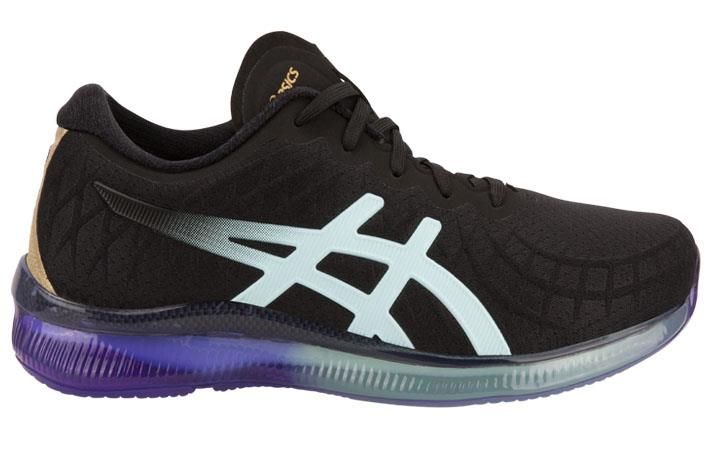
In 2018, Asics set targets to reduce CO2 emissions at its facilities by 33 per cent, and reduce supply chain CO2 emissions by 55 per cent product by 2030, stated the report which summarizes the company’s progress towards medium- and long-term sustainability targets.
The report revealed the actions to achieve these targets include increasing the use of renewable energy at business facilities to 60 per cent or above, reducing energy use in Tier 1 supplier factories by 30 per cent per product, and transitioning to 100 per cent recycled polyester in shoe uppers and sportswear. Asics emissions reduction targets have been approved by the Science Based Targets initiative as scientifically in line with the goals of the Paris Agreement, the first for a global sporting goods company.
“The Asics Sustainability Vision was created to inspire more people to move mind and body to create a stronger world,” said Motoi Oyama, Chairman and CEO of Asics. “Our company was founded with the strong belief that sport can shape better, healthier societies. We still live up to this purpose and aim to lead on sustainability both for our planet as well as people.”
In 2018, Asics surpassed its CO2 emissions reduction targets for 2020, two years earlier than initially planned. After initially targeting a 5 per cent reduction in CO2 emissions at facilities, the total amount decreased 19.2 per cent, while a planned 10 per cent reduction in CO2 emissions per pair shoes was actually reduced to 15.9 per cent, according to the report.
Asics is committed to helping people improve their physical fitness and mental health, building transparent, fair and ethical partnerships to empower people across the value chain, and supporting employees and communities to fulfill their potential.
To further contribute to a healthy and inclusive society, Asics has become the official supplier of the International Paralympic Committee (IPC). Through 2020, Asics will provide kits to officials and some athletes taking part in international Paralympic sports championships, as well as IPC officials at the 2020 Paralympic Games in Tokyo.
As a manufacturer, Asics is aware that the manufacturing industry depends on large numbers of migrant workers around the world, who are particularly vulnerable to human rights abuses. To help prevent the exploitation of workers in the manufacturing industry, ASICS has joined over 120 other brands as signatories of the Commitment to Responsible Recruitment, an industry-wide approach to responsible recruitment and ethical employment practices for all workers. (RR)
Fibre2Fashion News Desk – India